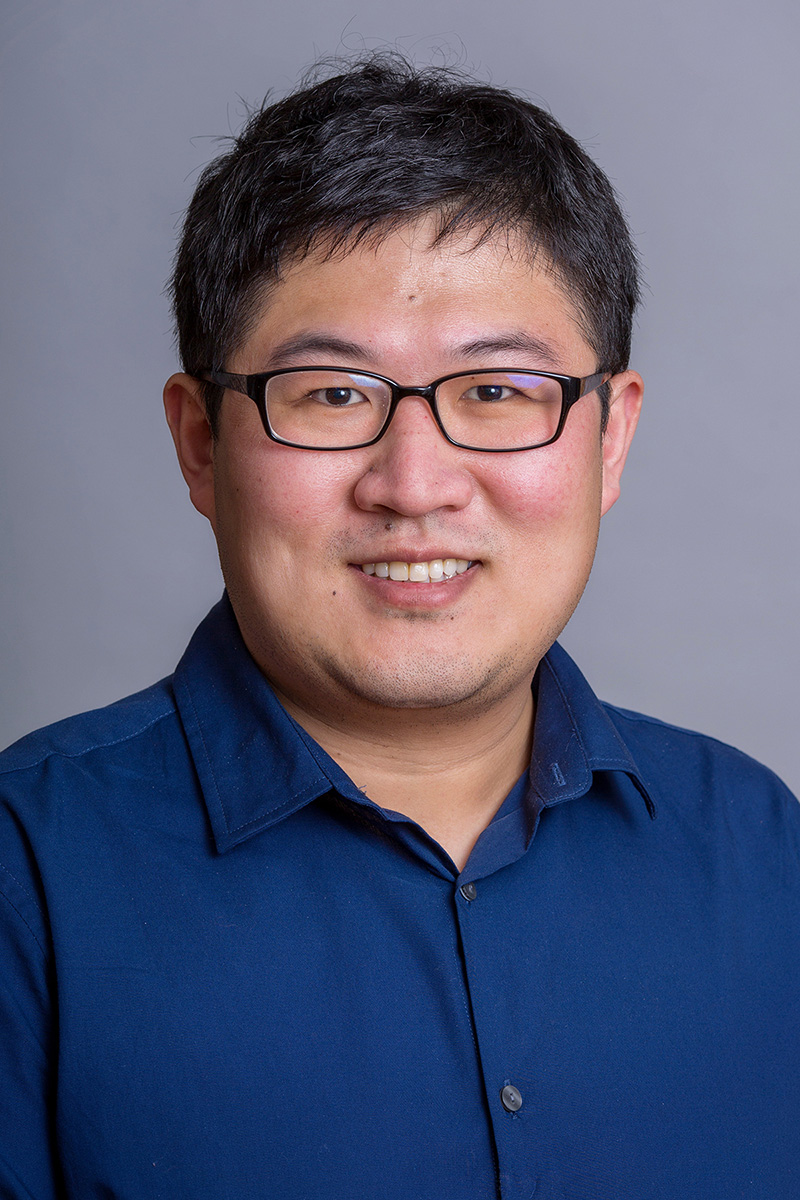Breadcrumb
Interdisciplinary Reproduction & Health Group Science Seminar – Feb. 5, 2025
The goal of the Interdisciplinary Reproduction & Health Group (IRHG) Seminar Series is to highlight transdisciplinary precision research taking place in the reproductive health field, provide opportunities for collaboration among researchers to build their own research efforts and promote clinical/researcher activity across the University of Missouri System and our partners.
The IRHG was organized and established through a faculty-driven, grass roots effort in 2016 to develop an integrative interdisciplinary program that transcends traditional departmental, college and system boundaries to foster excellence in reproduction, health research and education at Mizzou.
View all upcoming Reproductive Health events on the IRHG Seminar Series website.
For questions about this event, please reach out to Wipawee Winuthayanon.
"Decoding Chromatin Reprogramming and Retrotransposon Activation When Life Begins"
 Speaker:
Speaker:
Zhiyuan "ZY" Chen, PhD
Member, Department of Reproductive Sciences
Assistant Professor, UC Department of Pediatrics
Cincinnati Children's Hospital Medical Center
Date: February 5, 2025, 4-5 p.m.
Location: Roy Blunt NextGen Precision Health Building, Atkins Family Seminar Room
In-person and virtual option
- Light snack will be provided in person. All are welcome!
 View the Recording
View the Recording
About the Speaker
 I’m a reproductive biologist in the Cincinnati Children's Department of Reproductive Sciences. I became interested in this topic when I studied mammalian early development as an undergraduate student. I have been fascinated by this field ever since.
I’m a reproductive biologist in the Cincinnati Children's Department of Reproductive Sciences. I became interested in this topic when I studied mammalian early development as an undergraduate student. I have been fascinated by this field ever since.
I investigated genomic imprinting and loss-of-imprinting disorders during my graduate work with Dr. Rocío Melissa Rivera at the University of Missouri-Columbia. I applied low-input epigenome profiling and acute protein degradation techniques to study epigenetic reprogramming in mammalian early development for my postdoctoral training in Dr. Yi Zhang's lab at Harvard Medical School.
A new life begins at the fertilization of an egg by the sperm. After fertilization, the terminally differentiated gametes convert into a totipotent zygote. During the parental-to-zygotic transition, much of the parental epigenomes are reset except for imprinted loci. This resetting process is known as epigenetic reprogramming.
Our lab aims to understand epigenetic reprogramming by studying:
- Chromatin dynamics and functions during the parental-to-zygotic transition
- Key factors required for totipotency acquisition
- The biological significance of retrotransposon expression dynamics in early development
We implement interdisciplinary approaches to address these fundamental questions. The methods include embryo micro-manipulation, stem cell biology, (epi)genome editing, ultra-low input epigenome profiling, rapid protein degradation, high throughput genome-wide sequencing and computational techniques. Our lab aims to understand what determines totipotency, an amazing capacity that a single cell can develop into a whole animal with hundreds of cell types.
One of my significant discoveries is investigating how oocyte chromatin has a longstanding effect on embryonic development. It was previously thought that oocyte chromatin modifications are rapidly erased after fertilization. However, my colleagues and I found that a repressive histone modification, H3K27me3, can inherit from oocytes to early embryos to modulate gene expression. My work also revealed the importance of maternal H3K27me3 in regulating placental development and elucidated the crosstalk between H3K27me3 and another Polycomb mark, H2AK119ub1, in mouse early development.
I’ve been a researcher for over 12 years, and I began my work with Cincinnati Children's in 2023. I am honored to receive a National Institutes of Health (NIH) Pathway to Independence Award (K99 / R00) from the National Institute of Child Health and Human Development (2021–2026).